In today's fashion-forward world, staying stylish is as important as maintaining comfort, and the right clothing brand can help achieve both. With a plethora of options available, choosing the best brands for apparel, or "kapde," can seem overwhelming. Brands like FabIndia and Biba offer a range of traditional and contemporary designs, while others such as Zara and Levi's deliver modern trends with quality materials. For a detailed guide on the best brands that suit your style and budget, explore the sections below.

Illustration of kapde
Best brands of kapde in 2025
Zara
Zara, a flagship brand of the Inditex Group, stands out as a leading producer in the fashion industry, known for its rapid design changes and efficient supply chain. The brand releases approximately 24 trend-led collections annually, totaling around 20,000 designs and 450 million garments per year. Zara's highly responsive supply chain, centered around its automated distribution center "The Cube," enables it to change designs every two weeks, offering 11,000 distinct garments annually. This model allows Zara to sell 85% of its items at full price, significantly higher than the industry average of 60%. In 2023, Zara captured nearly 73% of the Inditex Group's total sales, highlighting its dominance in the market.
H&M
H&M is a leading global fashion retailer known for its efficient supply chain and fast-fashion business model, allowing it to quickly adapt to changing trends and offer trendy, affordable clothing. With over 4,700 stores in 75 countries, H&M generates annual revenues exceeding $22.90 billion as of 2023. The company sources products from over 1,027 tier 1 factories, primarily in China, Bangladesh, and India, and employs a diverse workforce where 63% of the workers in its supplier factories are female. H&M's commitment to sustainability is evident in its use of recycled materials and reduction in water usage, despite past criticisms on environmental impact and labor practices. The company's strategic sourcing, efficient production, and optimized distribution ensure high-quality products and customer satisfaction.
Uniqlo
Uniqlo, a subsidiary of Fast Retailing Co., Ltd., has emerged as a leading global brand in the fast fashion retail market, known for its high-quality, affordable, and innovative casual wear. With over 2,400 stores worldwide as of 2024, Uniqlo has captured a significant market share, particularly in Asia, Europe, and the US. The brand's success is attributed to its proprietary fabric technologies like HEATTECH, AIRism, and UV Cut, which offer unique benefits such as heat retention, quick drying, and UV protection. Uniqlo's "SPA" (Specialty store retailer of Private-label Apparel) model allows for in-house design, manufacturing, and retail, enabling the company to maintain control over its supply chain and reduce costs. As of 2021, Uniqlo's global brand value was valued at $9.2 billion, ranking it 84th on the list of the World's Most Valuable Brands. For more profound insights into their global strategy, visit Uniqlo's strategic overview.
Nike
Nike is the world's leading athletic apparel brand, dominating the global sportswear market with a significant 43.7% market share. In the fiscal year 2023, Nike generated $51.217 billion in revenue, with $33.14 billion coming from footwear and $13.84 billion from apparel. The company's North American sales contributed $21.61 billion to its total revenue. Nike's market share in athletic footwear has consistently increased, reaching 27.4% in 2020 and expected to be around 30% in 2023. With over 79,000 employees worldwide as of 2024, Nike remains a powerhouse in the sports apparel industry. For more detailed statistics about Nike, visit their financial overview and statistics page.
Adidas
Adidas is one of the leading producers of athletic apparel and footwear globally, known for its high-quality and performance-driven designs. In 2022, the company generated $23.7 billion in revenue, with footwear accounting for 55% of its net sales, apparel for 39%, and accessories and gear for 7%. Adidas holds a significant market share, including an 8% share in the global sportswear market and a 14.70% share in the sneaker market as of 2022. The company is the largest sportswear manufacturer in Europe and the second-largest worldwide, following Nike. With a strong presence in over 150 countries, Adidas continues to innovate and expand its product range. For more information, visit their official website.
Levi's
Levi Strauss & Co. is a leading producer of high-quality clothing, particularly renowned for its iconic Levi's jeans. The Levi's brand accounts for the vast majority of the company's revenues, with record sales figures of $6.18 billion in the recent year, despite a slight fall in net income. The company has a strong market presence, with around 90% of premium fashion consumers recognizing the Levi's brand, and nearly three-fifths of American customers owning a Levi's item. Levi's also focuses on sustainability, aiming to use 100% renewable energy at its facilities by 2025, with 90% of its energy already renewable as of 2022. The brand's market share in the apparel industry stands at around 4.10% as of Q3 2024.
Forever 21
Forever 21 is a leading fast-fashion retailer, renowned for its trendy and affordable clothing, with over 700 stores globally and a brand awareness of 82% in the United States. Founded in 1984, the brand produces around 60% of its apparel in China and is known for its rapid production model, allowing it to quickly adapt to the latest fashion trends. Forever 21 offers a wide range of products, including apparel for men, women, and children, as well as beauty products, accessories, and home goods. Despite controversies, the brand remains popular, with 24% of U.S. fashion store customers shopping at Forever 21 and 75% of its customers showing loyalty. The company has also begun incorporating sustainable materials into its clothing line to support the Sustainable Fashion Movement. For more insights into their development process, you can see their development process.
Gap
Gap Inc., a leading American clothing and accessories retailer, boasts a robust portfolio that includes the Gap brand, known for its high-quality apparel. In 2023, Gap Inc. reported net sales of approximately $14.9 billion, despite a 5% decrease from the previous year, largely due to global supply chain disruptions and strategic store closures. The Gap brand itself saw a 1% sales growth in Q3 of FY24, with comparable sales up 3%, highlighting its resilience and market appeal. With a significant retail presence of 3,603 stores across 40 countries, Gap Inc. continues to drive growth, particularly with a 7% increase in online sales, which now account for 40% of total net sales. The company's market share in the retail apparel industry stands at around 11.70% as of Q3 2024.
Mango
Mango, a renowned fashion brand founded in 1984 by the Andic brothers, has established itself as a leading producer of high-quality, trendy clothing. In 2023, Mango achieved a record turnover of over 3.1 billion euros, with a 15% increase from the previous year, and its online channel exceeded 1 billion euros in turnover for the first time, accounting for 33% of the group's total turnover. The brand operates nearly 2,700 stores in over 115 markets worldwide and has a strong global sourcing network involving 1,878 factories across 29 countries. Mango's international business accounted for 77% of its total turnover in 2023, with key markets including Spain, France, Germany, Turkey, and the US. The company is also committed to sustainability, aiming for full traceability and transparency by 2030. For additional insights on Mango's achievements and strategic plans, visit their official site.
Urban Outfitters
Urban Outfitters, despite its namesake brand facing challenges, remains a significant player in the apparel industry, with apparel accounting for 63% of its global net sales in FY 2023. The company logged a record quarterly sales of $1.27 billion in Q2 2023, driven by higher initial markups and lower merchandise markdowns. Its brands, including Anthropologie and Free People, saw notable sales increases of 10.6% and 26.9%, respectively. However, the Urban Outfitters brand itself experienced a 14.1% sales decrease in the same period. The company's clothing rental service, Nuuly, also saw an 85% increase in subscribers. For more information, visit their official website.










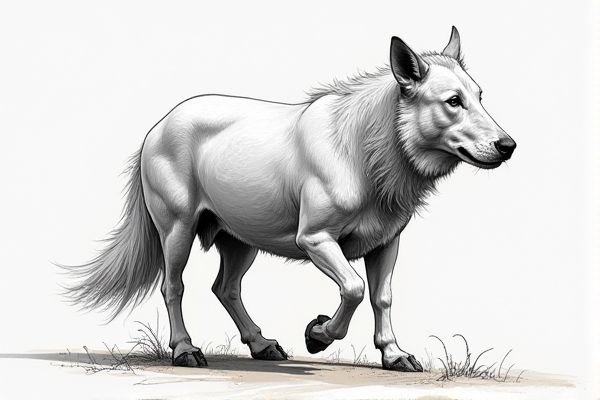
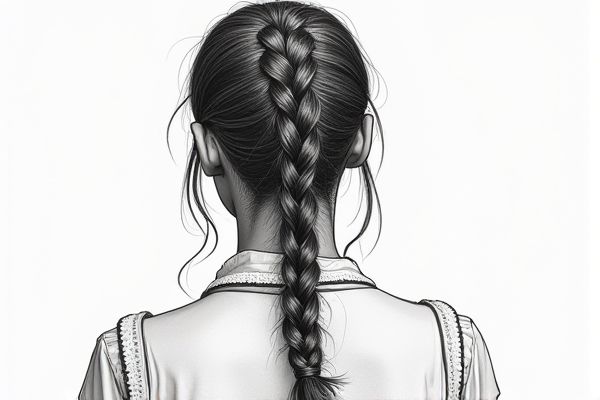
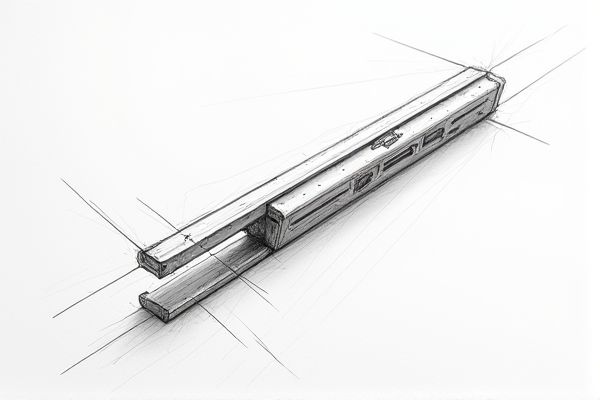

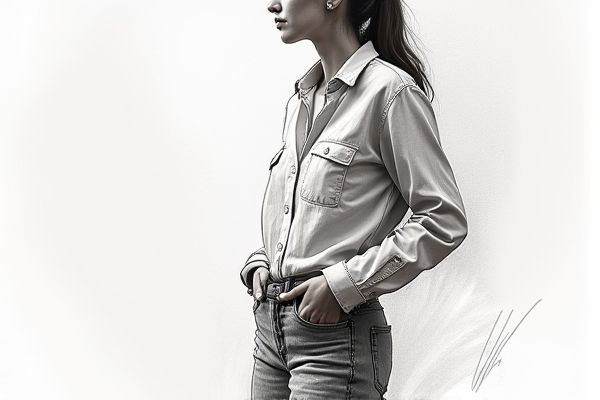
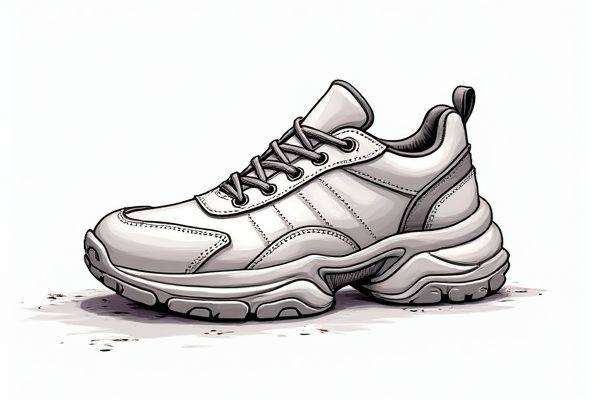
Leave a Reply
Your email address will not be published.